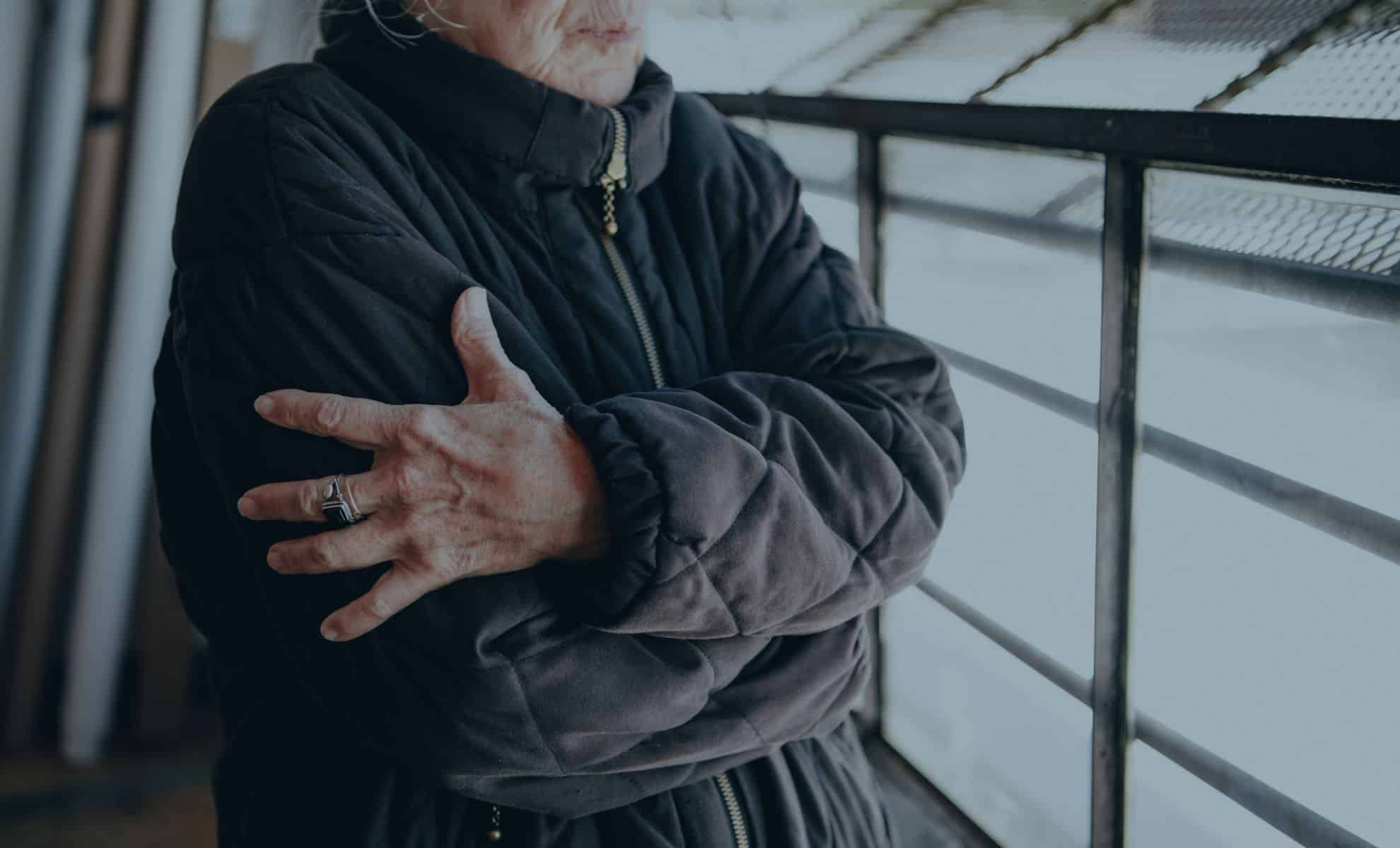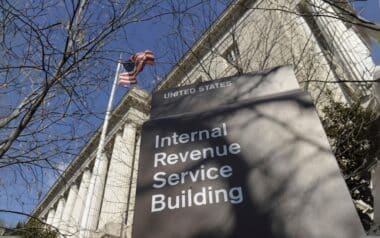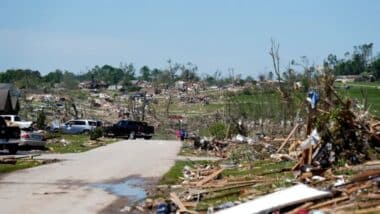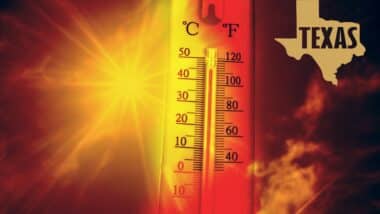Kentucky Tornado Fallout Deepens as New Storms Lash Central US
The storms haven’t let up—and Kentucky is facing the worst of it. While families dig through rubble, new tornadoes threaten…
Timeline
Housing & Real Estate
Emergency Housing Voucher Program May End Early, Threatening Housing Security for 60,000
Join our social media
For even more exclusive content!
Economy

Newsletter





























